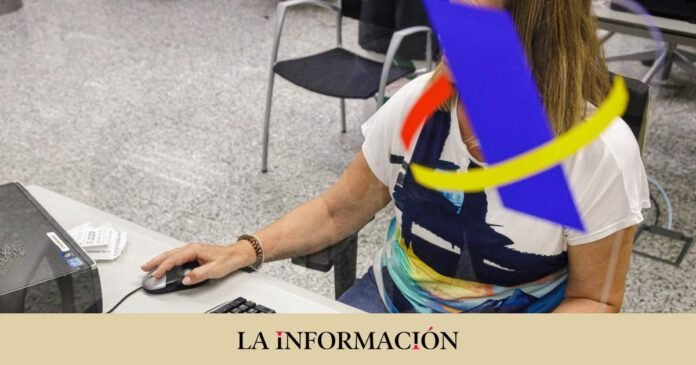ETFs (Exchanged Traded Funds) are exchange-traded funds that function as a collective investment product. They work like a mutual fund, but their shares are traded just like stocks, on the secondary market. This is its main difference with respect to traditional funds, its shares can be bought and sold in a secondary market. It is an increasingly popular investment product in Spain. According to BME, operator of the Spanish stock market, “combines the diversification advantages of funds with the flexibility of stock trading”. In addition, the National Securities Market Commission (CNMV) explains that it is “an alternative to having to analyze and select individual shares.” Its investment policy consists of replicating an index, although this replica may vary. It is an investment product that, like the rest, is subject to Spanish taxation. Specifically, ETFs must pay Personal Income Tax (IRPF). This tax is levied on income obtained during the year for which it is taxed, so in the case of benefits obtained They will be taxed in the year in which they are effective, not latent. In this sense, it must be taken into account as a difference with respect to traditional investment funds, that the capital gains generated by the investment in ETFs are not subject to withholding and they are calculated as the difference between the transfer or sale value, less the acquisition value, and losses occur if the sale import is less than the purchase price.” Therefore, it is important to take into account the acquisition value and the transfer value. The first represents the value of the sale, deducting the expenses of that operation. While the second term is calculated with the purchase price plus the expenses of the operation. The difference between the two is included in the tax base of savings for the fiscal year in which the sale took place. On the other hand, shares in listed funds in Spain cannot be transferableTherefore, it is not possible to take advantage of the regime that allows participants in traditional funds to repay in one fund and subscribe in another with deferral of taxation for capital gains. The investor must pay taxes on the capital gain or loss, even if the transfer amount is reinvested in one or more other investment funds, listed or not. The same rule also applies if the transfer or sale of shares comes from an unlisted investment fund and its importation is reinvested in the acquisition of shares of a listed investment fund. Another difference with respect to traditional investment funds that affects the taxation of ETFs is the possibility of receiving dividends. On a regular basis (annual, semi-annual…) the ETF may remunerate investors with the dividends distributed by the companies that make up the reference index. It is an income that is included in the savings base within the income from movable capital. At the time the dividend is received, the financial intermediary withholds 19% of the amount received and this withholding is a payment on account of the tax that will have to be settled when the IRPF declaration is made.
What taxes do I have to pay if I start investing in Etfs?
Date: July 27, 2024 Time: 06:47:48
* This website provides news content gathered from various internet sources. It is crucial to understand that we are not responsible for the accuracy, completeness, or reliability of the information presented Read More
RELATED ARTICLES

